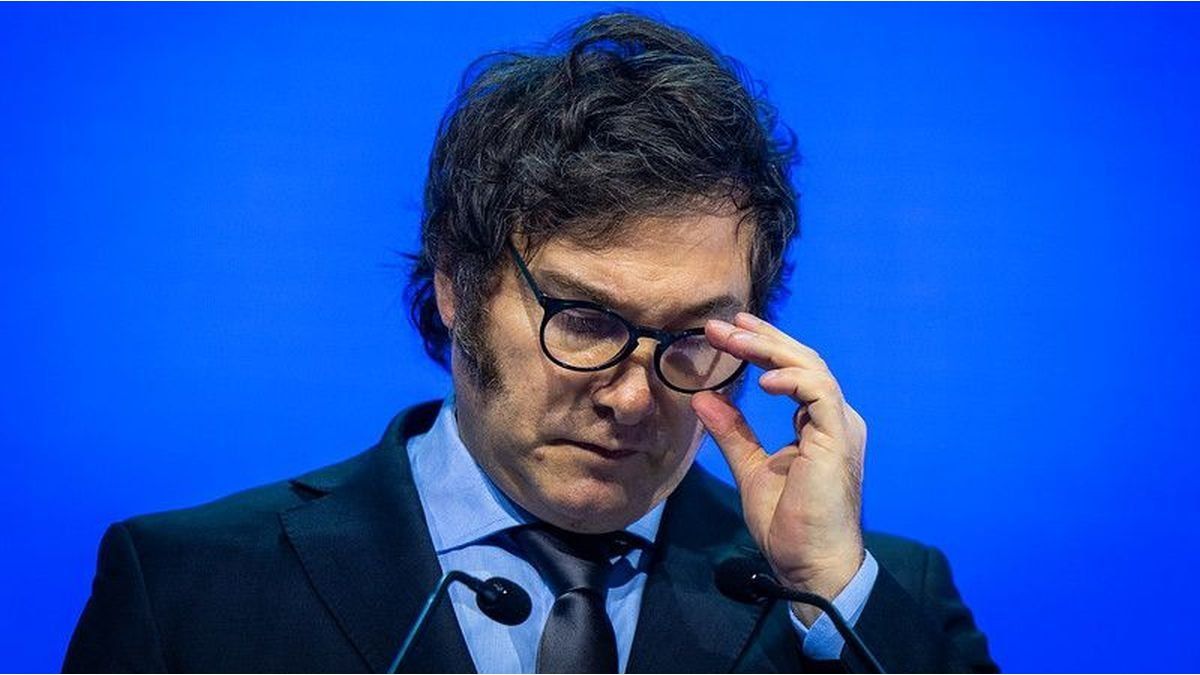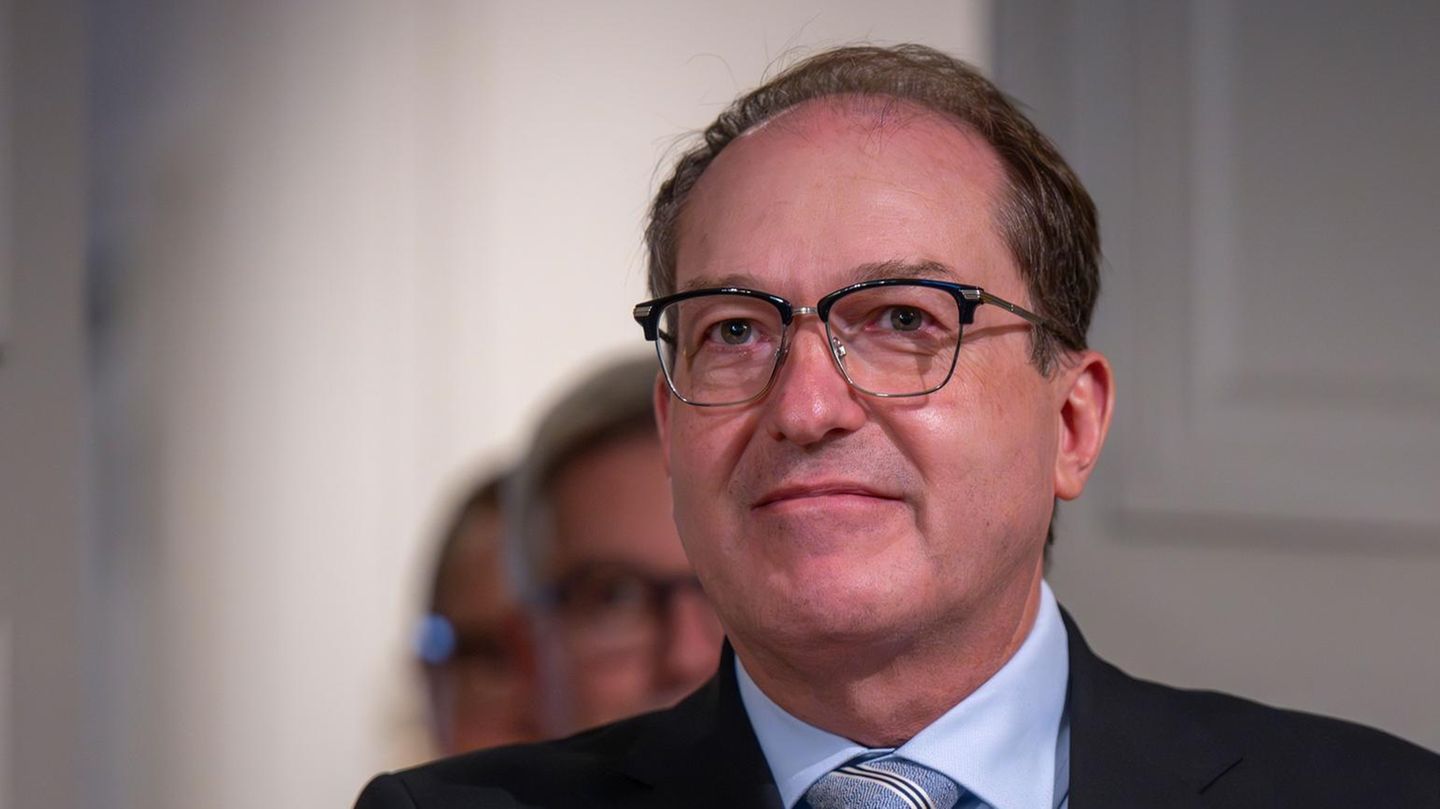All this despite the Fund accepted and endorsed the tax proposed by Guzmán last April. And that he even received the personal support of Kristalina Georgieva during the minister’s presentation at the last spring summit of the Fund and the World Bank (WB). Martín Guzmán had explained the idea to Gita Gopinath, the most important internal authority of the financial organization that in general will control the Extended Facilities and will bid for a virtuous relationship with the country, from whom he obtained a technical accolade for the initiative.
The important thing about what was discussed with the deputy managing director of the IMF was that, if the idea of increasing the pressure of Profits on the private sector is approved in Congress, the proceeds will have to wait longer for 2023 than for this year. The companies that are affected by the tax will declare it only when they present their balance sheets for this year, something that will happen, for the most part, between the end of 2022 and the first quarter of 2023, with which the AFIP would receive it in the next fiscal year. .
However, this was not something that bothered the Ministry of Economy or the IMF since Martín Guzmán, his team and the Fund’s technical staff consider that 2023 will be more complicated than this year, especially in fiscal terms. According to the financial and fiscal speculations of the Executive in general, this year there would be no major problems in achieving a deficit between income and primary expenses (not counting interest) not exceeding 2.5% of GDP. Even from Economy there is speculation with a loose percentage somewhat far from the maximum goal. This, in addition to relying on economic growth above 3.5%.
In those days, for Economy it was more important that the “unexpected income” help to achieve the goal of a maximum deficit of 1.9% by 2023; a year that, in addition, is electoral. In April it was also seen as a valid alternative to bring political positions closer to Kirchnerism during election times next year. Hence, in those times the IMF not only viewed with sympathy the increase in tax pressure (it even pressed for an even greater increase than the one Guzmán had in mind), but also the transfer of real income to the already anticipated complicated 2023 it is something perceived as fiscally more effective.
Nevertheless, informed, they know from Washington that the real political possibilities of advancing with the tribute are low. Readers of the Argentine reality know at the IMF the internal difficulties of the ruling coalition and the scant chance that the “unexpected income” can be approved by a Congress without official majorities.
Regarding the true current intentions of the Government in advancing in the project and sending the text to Congress, there are still not many news or references. As far as is known, for now it is a topic under discussion between the Executive and businessmen. Guzmán’s idea is to move forward as long as there is consensus with private parties, something that has not yet been achieved.
Source: Ambito
David William is a talented author who has made a name for himself in the world of writing. He is a professional author who writes on a wide range of topics, from general interest to opinion news. David is currently working as a writer at 24 hours worlds where he brings his unique perspective and in-depth research to his articles, making them both informative and engaging.




